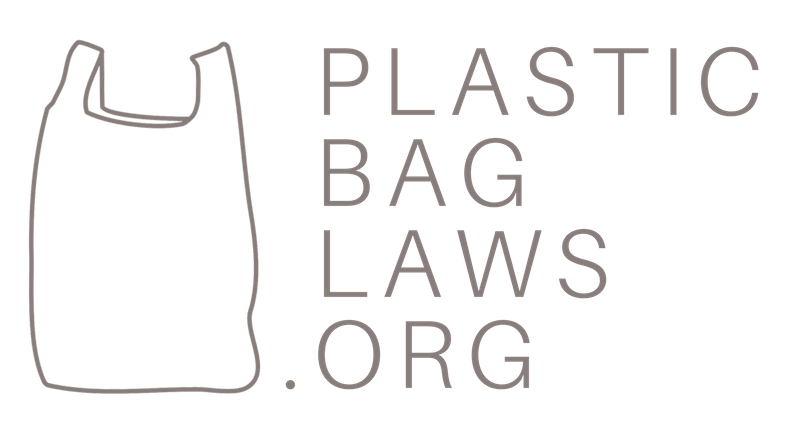San Francisco Looks To Expand Bag Ordinance
On Tuesday, San Francisco’s City Operations and Neighborhood Services Committee voted 3-0 to approve San Francisco’s expanded expanded plastic bag ordinance. Committee approval means that the ordinance may now be voted on by the full Board of Supervisors, which is expected in early December. The new ordinance would apply to all retailers and restaurants and includes a ban on plastic bags and a 10-cent minimum charge on all paper and reusable bags provided at the register, which increases to 25 cents one year after implementation. The charge on reusable bags in addition to paper bags is particularly important so that no bags are given away for free at checkout. If San Francisco’s ordinance is adopted as written, San Francisco will be the first California municipality to adopt an ordinance placing a minimum fee on a reusable bag.
As mentioned in a previous post, in 2007, San Francisco became the first city in the US to adopt a plastic bag ban. San Francisco’s ban currently only applies to supermarkets and large pharmacies. This is referred to as a “first generation” ordinance because it only addresses plastic bags. More recently, “second generation” ordinances that include a charge on paper bags have become standard in California. In 2010, Supervisor Mirkarimi introduced an expanded “second generation” ordinance, but that was tabled pending resolution of lawsuits in other cities regarding what type of review was required under the California Environmental Quality Act (CEQA). CEQA has been used as a tool by plastics industry groups in California to delay or overturn plastic bag ordinances by filing lawsuits against cities demanding that expensive Environmental Impact Reports (EIR) are required.
In July of this year, the California Supreme Court ruled on the Manhattan Beach case, finding that Manhattan Beach’s negative declaration was sufficient and that an EIR was not necessary. In September of this year, the Marin County Superior Court found that a categorical exemption was applicable to Marin’s ordinance. Part of the reason that Marin’s ordinance qualified for a categorical exemption was because it is a second generation ordinance that addresses paper as well as plastic by banning plastic bags and requiring a minimum 5-cent charge for paper bags. In the wake of these decisions, San Francisco made the decision to move forward with its expanded ordinance using a categorical exemption.
On November 1, 2011, Supervisor Mirkarimi re-introduced the revised expanded ordinance and the City Operations and Neighborhood Services Committee hearing soon followed.
At the hearing, the San Francisco Chamber of Commerce spoke in support and made clear that the current version of the ordinance (that included minor amendments introduced at the Committee hearing) was a product of outreach to the business community over the previous week. The small amendments made to the ordinance based on input from the business community go to show that outreach to businesses is important and that sometimes it can just be a matter of making sure that businesses understand the details of the ordinance and other times making minor to address particular issues.
For example, the most recent revisions to San Francisco’s ordinance include a clarification that garment bags may qualify as reusable bag even if they do not have handles, an exemption from the checkout bag charge for left-over food eaten at a sit down restaurant, and refinements to the reusable bags standard. Through reaching out to local business groups and determining what the issues were and how the issues could be addressed, San Francisco was able to produce a strong ordinance with broad support.
At the hearing, Save the Plastic Bag Coalition (SPBC), an association composed primarily of plastic bag manufacturers that have sued or threatened to sue almost every California city that has formally considered adopting a plastic bag ordinance, filed objections. SPBC was the only group that spoke in opposition to the ordinance.
The ordinance is expected to be heard before the full Board of Supervisors in early December.
- Jennie R. Romer, Esq., Founder & Director, plasticbaglaws [dot] org
(This article is re-posted from banthebagspdx.com)

